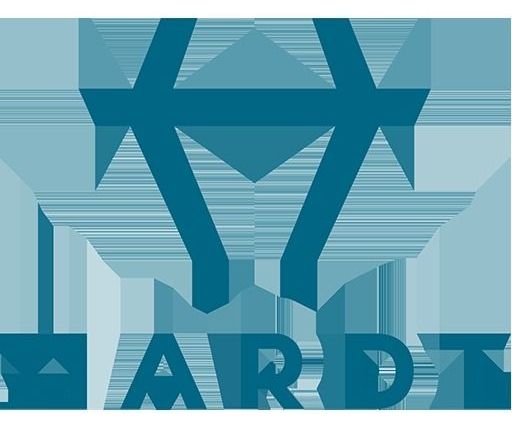These guys better get hazard pay! ![]() 😳.
😳.
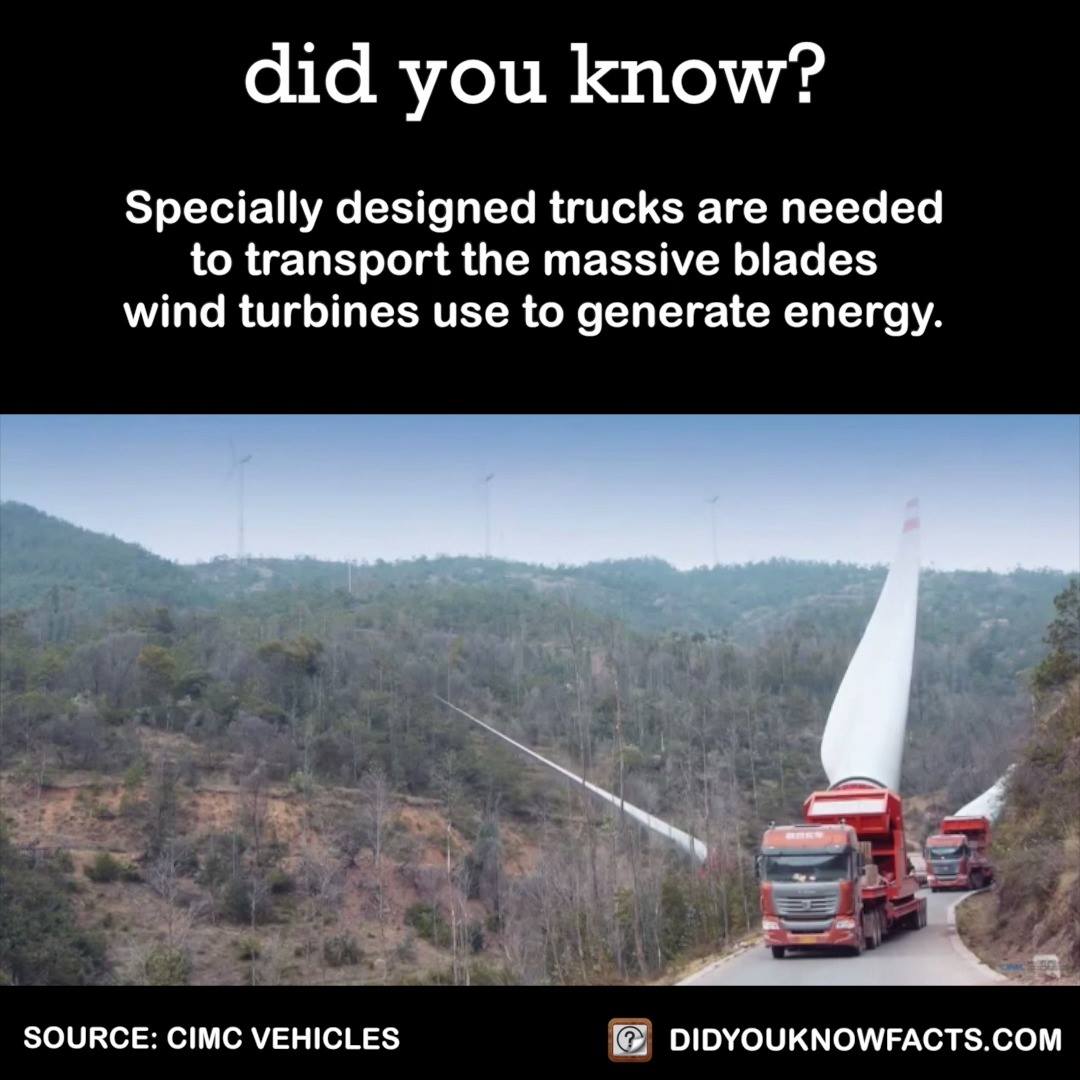



Rice University computer scientists have adapted a widely used technique for rapid data lookup to slash the amount of computation — and thus energy and time — required for deep learning, a computationally intense form of machine learning.
“This applies to any deep-learning architecture, and the technique scales sublinearly, which means that the larger the deep neural network to which this is applied, the more the savings in computations there will be,” said lead researcher Anshumali Shrivastava, an assistant professor of computer science at Rice.
The research will be presented in August at the KDD 2017 conference in Halifax, Nova Scotia. It addresses one of the biggest issues facing tech giants like Google, Facebook and Microsoft as they race to build, train and deploy massive deep-learning networks for a growing body of products as diverse as self-driving cars, language translators and intelligent replies to emails.
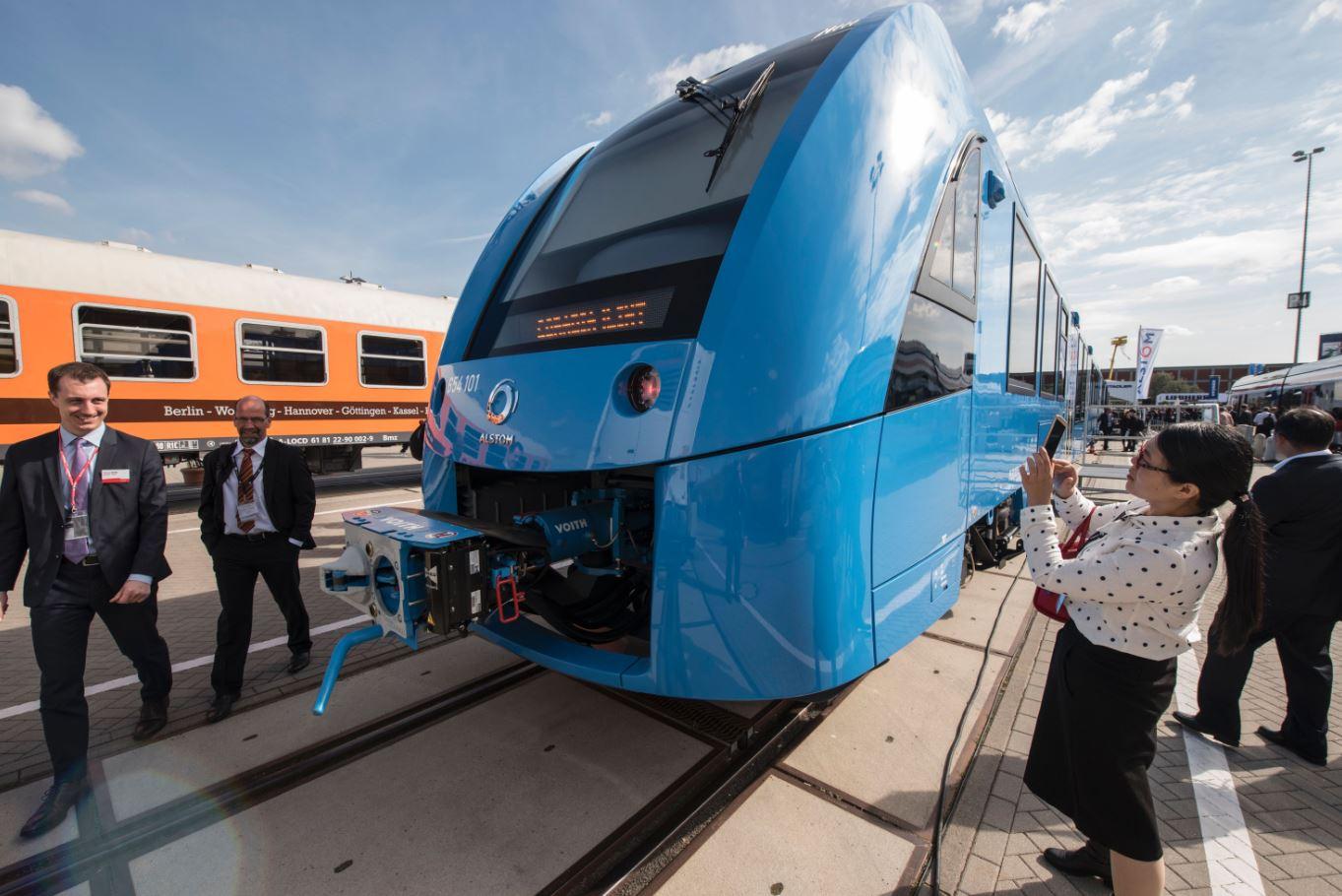
Germany is set to introduce the world’s first zero-emission passenger train to be powered by hydrogen.
The Coradia iLint only emits excess steam into the atmosphere, and provides an alternative to the country’s 4,000 diesel trains.
Lower Saxony has already ordered 14 of them from French company Alstom, and more are likely to be seen around the country if they are judged a success, reports Die Welt.
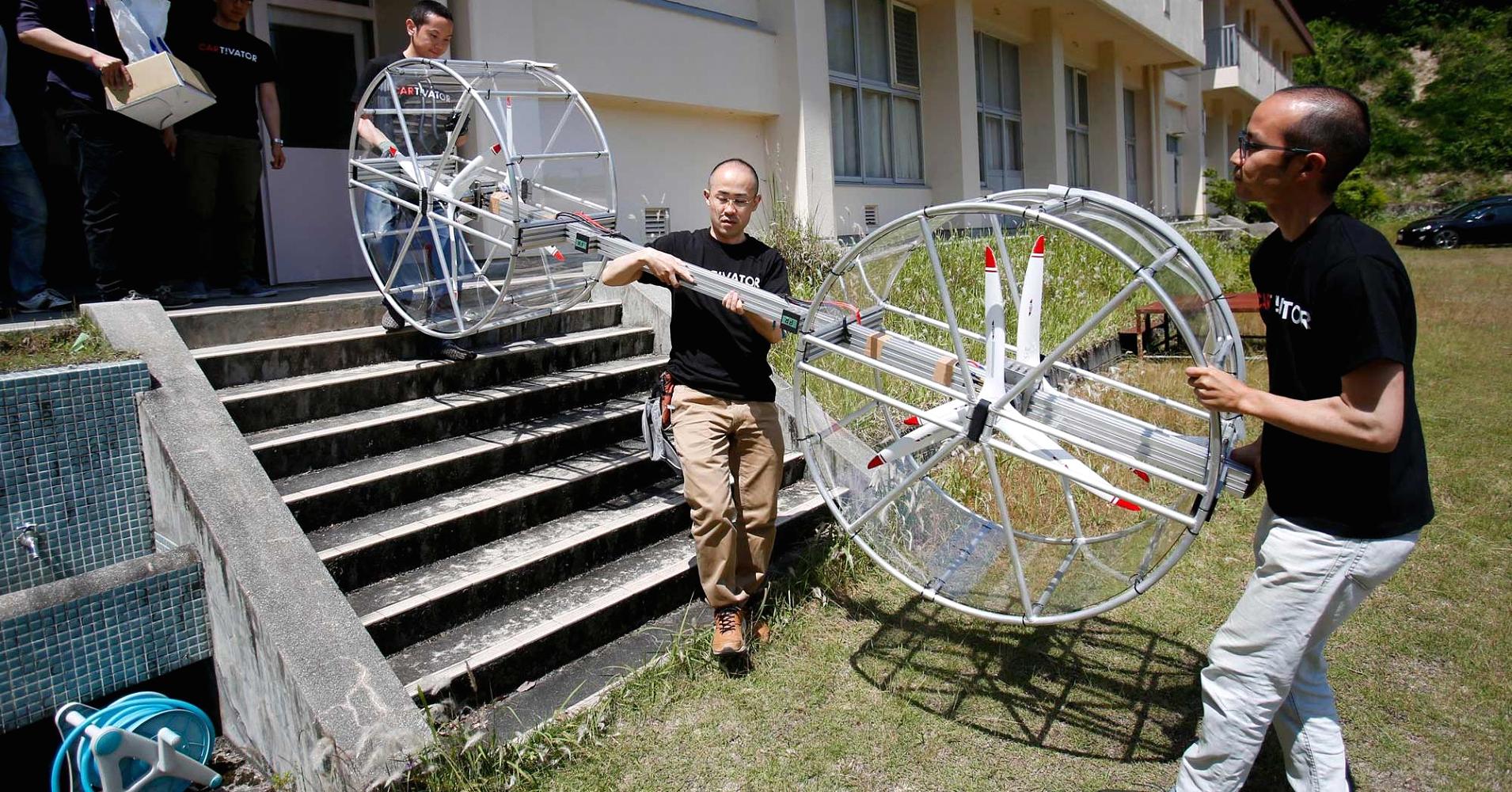
Project leader Tsubasa Nakamura said in a blog post that Cartivator would reveal a redesigned prototype in November.
“I really appreciate Toyota group companies, and other companies or individuals supporting us so far,” he said. “We are able to accelerate our development because of this support.”
Cartivator’s formation places the company in direct competition with many other high-profile flying-car ventures, including efforts by Google co-founder Larry Page and ride-hailing app Uber.
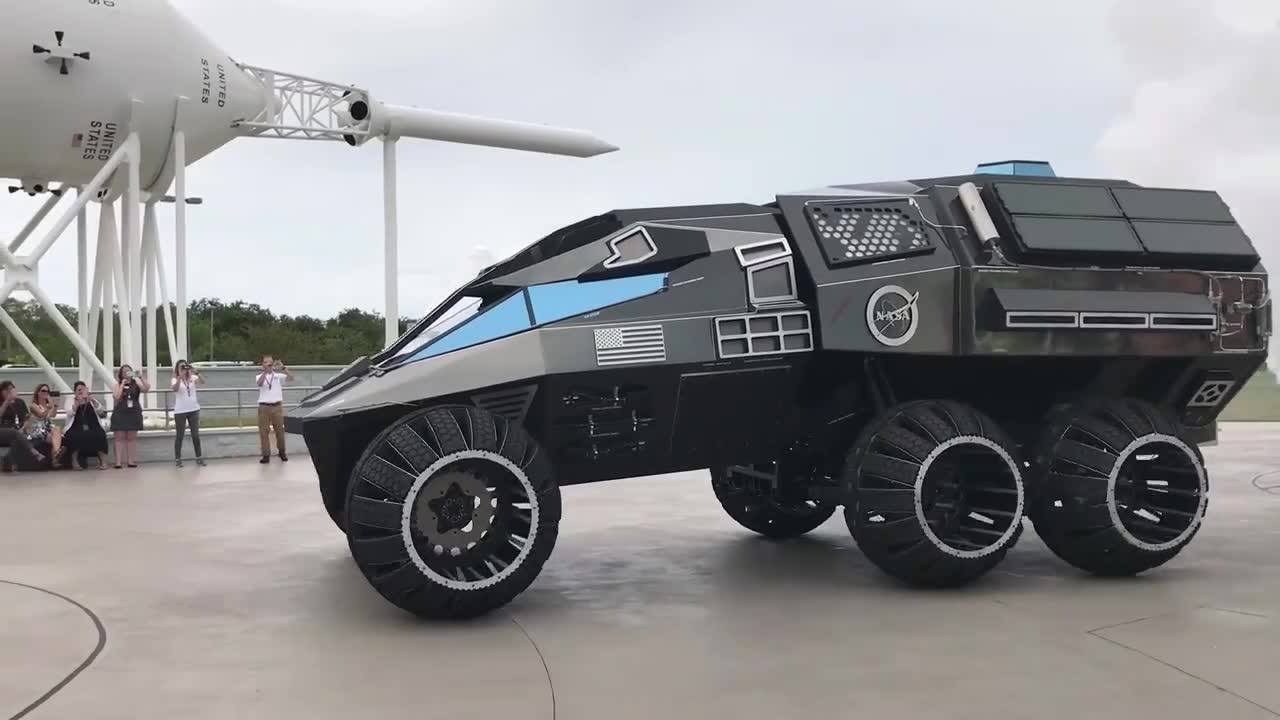
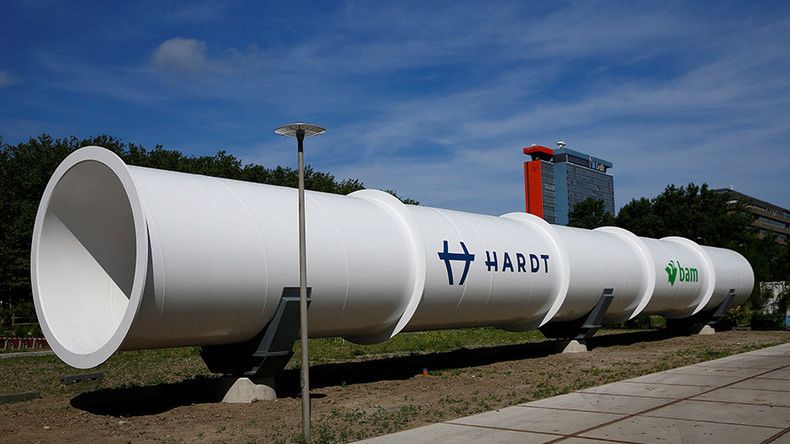
A Hyperloop test facility has been unveiled in the Netherlands, bringing Elon Musk’s vision of transporting pods of people through a tube at incredibly high speeds one step closer to fruition.
The test facility, a 30-meter-long (100ft), 3.2-meter-diameter (10.5ft) steel tube, is located at Delft Technical University.
“In this facility we will test all systems that don’t require high speeds,” said Tim Houter, CEO of Hardt Global Mobility, which is working on the project with construction company BAM, as quoted by Reuters.
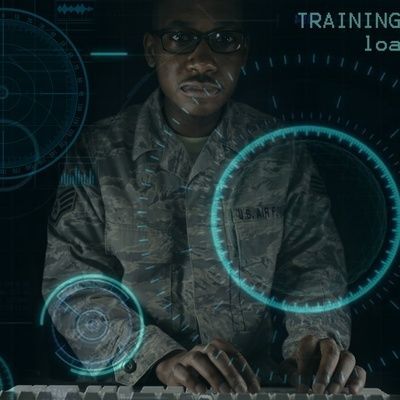
Several firms are working on training environments like Star Trek’s Holodeck, but for machines.
When future robots enter the world, they won’t have a learning curve.
Artificial intelligence researchers are creating tools to help teach the robots that will assemble our gadgets in factories, or do chores around our home, before they ever step (or roll) into the real world. These simulators, most recently announced by Nvidia as a project called Isaac’s Lab but also pioneered by Alphabet’s DeepMind and Elon Musk’s OpenAI, are 3D spaces that have physics just like reality, with virtual objects that act the same way as their physical counterparts.

N” Alphabet Inc’s (GOOGL.O) self-driving car unit Waymo is working on developing self-driving trucks, the company said on Thursday.
Waymo, which is looking to expand its self-driving car efforts, expects autonomous vehicles to be able to take over longer distance trucking in the coming years, while allowing human drivers to handle local pickup and delivery routes.
“We’re taking our eight years of experience in building self-driving hardware and software and conducting a technical exploration into how our technology can integrate into a truck,” a Waymo spokesperson said in a statement.
